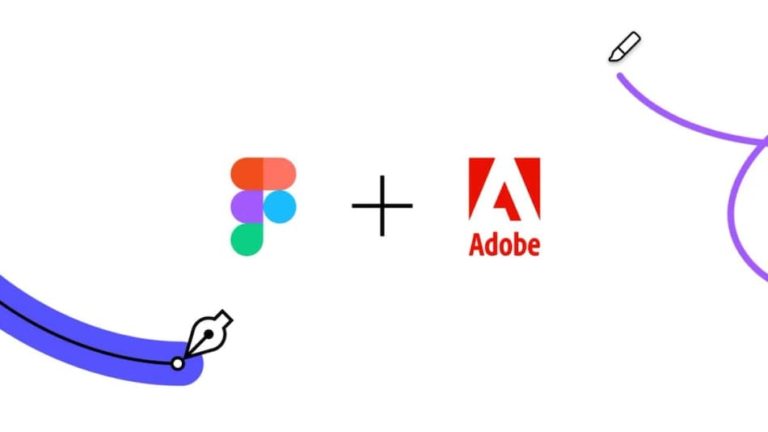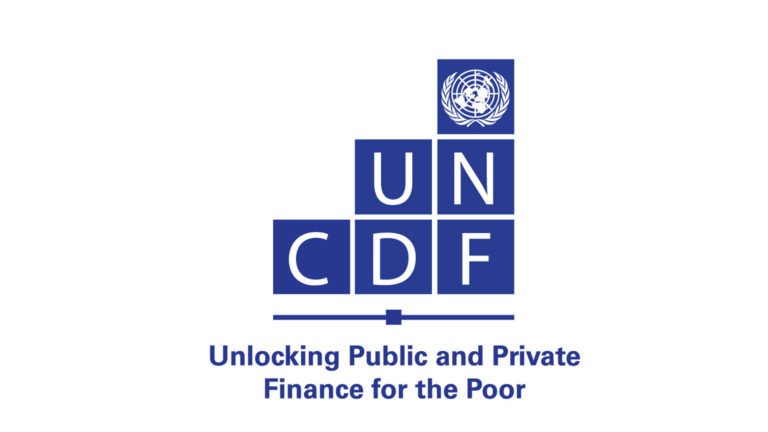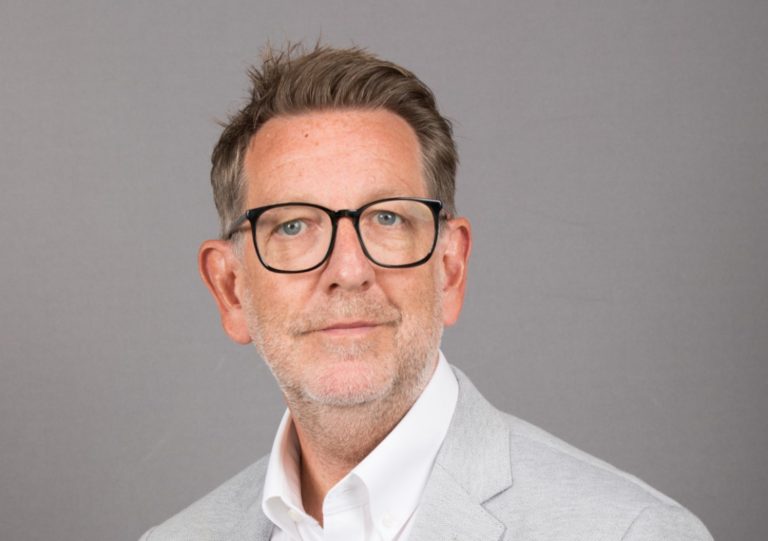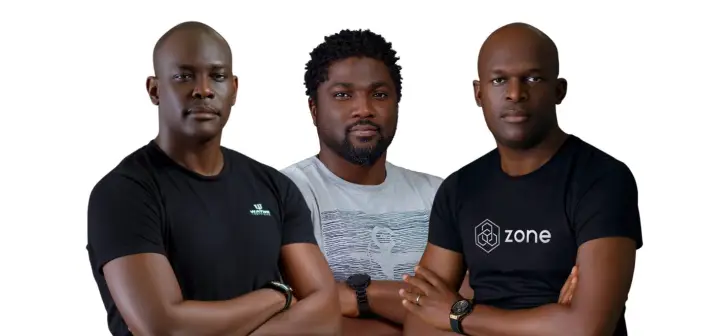Norrsken Foundation’s hub launches in Rwanda, to house 1,000 entrepreneurs by next year
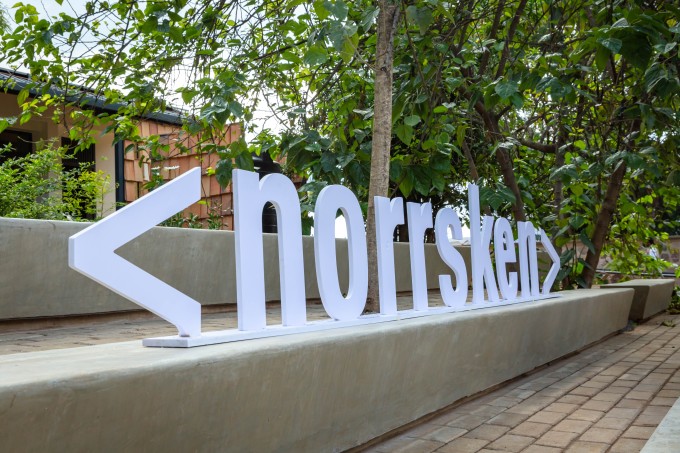
Norrsken Foundation, a Swedish coworking space and investment fund, announced the opening of its first entrepreneurship hub outside of Scandinavia in Rwanda in 2019.
The center, which is located in Kigali, has finally opened to the region, though it is being done in two stages. The first event, held yesterday, will host 250 entrepreneurs. The company confirmed to TechCrunch that the second phase will bring over 750 additional entrepreneurs to the Norrsken House in Kigali by December 2022.
“We have massive demand that we can meet to become Africa’s largest physical hub for startups,” said Pascal Murasira, managing director of Norrsken East Africa. “We believe Kigali is on track to become one of Africa’s leading tech and startup clusters, and we want to help accelerate that journey.”
According to founder Niklas Adalberth, the Klarna co-founder who left the unicorn fintech in 2016, the Kigali center is the first of 25 hubs the Norrsken Foundation plans to open globally over the next decade.
The foundation describes itself as “nonprofit, nonpolitical, and nonpartisan,” with the goal of assisting entrepreneurs in addressing the “world’s greatest challenges.”
Norrsken, in addition to its coworking space in Stockholm, operates an impact accelerator program and a €130 million impact VC fund.
In Africa, the foundation manages an Africa-focused seed fund in addition to Norrsken House in Kigali. While Norrsken stated in 2019 that its seed investments ranged from $25,000 to $100,000, with plans to make later-stage investments ranging from $100,000 to $1 million, the company provided no update on the size of its fund this time.
The organization only stated that it had made a few investments in Rwandan companies, the two most recent of which were Viebeg Technology and PesaChoice.
While the pandemic played a significant role in the project’s delays, Norrsken stated that it is still on track to begin in 2019.
“We approach the launch of Norrsken House in the same way that we approach the launch of a product.” “You put it out there before it’s ready to involve users and get feedback on how to improve it,” said a company spokesperson. “We don’t have all of the answers, and we need our customers to help us shape the final product.” Construction will continue, and operations will begin gradually in the first half of 2022.”
But, with the pandemic causing global shifts in how we work and communicate, from offline to remote, why is Norrsken still working on the project? To Adalberth, it all comes down to the well-known fact that offline clusters aid in the creation of billion-dollar businesses.
Unicorns have emerged from cluster cities with economic, technological, innovative, and real estate advancement around the world: think Silicon Valley, London, Stockholm, Beijing, Bengaluru, So Paulo, and Lagos.
The founder intends to replicate this model at the Norrsken Houses in Stockholm and Kigali. He believes Norrsken can use the center to create microcosms of these ecosystems. Norrsken hopes to create “impact unicorns” by bringing together 1,000 entrepreneurs with business models that address real societal issues and connecting them to funding, network, and mentorship.
However, unlike Stockholm, which is known as Europe’s unicorn factory, Kigali does not yet have a prominent big-name startup. Even though it has a thriving startup and tech ecosystem, it lags behind other markets in terms of VC funding, including Lagos, Nairobi, Cairo, Cape Town, and Johannesburg.
Nonetheless, Norrsken chose Kigali as its first African base due to Rwanda’s advantages in terms of a friendlier business environment, internet penetration, and infrastructure.
“I think that we ended up with Kigali for a couple of different reasons. One is that we thought that we could perhaps make the highest impact in Kigali,” Adalberth said. “Also, from the World Bank, you know that Kigali is one of the easiest countries to do business in Africa. And it has built out infrastructure in terms of internet, traffic, and so on. So it’s a good prerequisite to building unicorns, and the final piece that was missing is what we’re trying to enable now with the Norrsken House.”
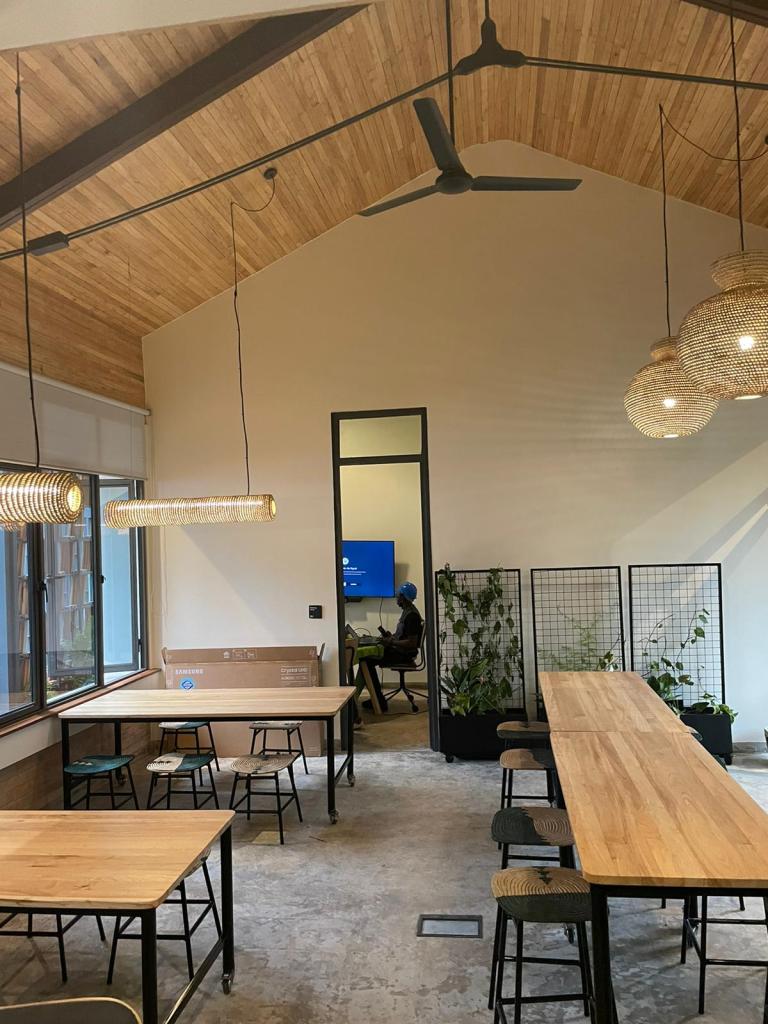
In this first phase, startups such as PesaChoice, SPENN, Fixa, BioMassters, and ZoraBots will move into the Norrsken House, according to Murasira.
Other tenants include Katapult VC, The Bestseller Foundation, The Howard Buffett Foundation, and the Novartis Foundation, which is based at the center and houses its East Africa health tech hub and accelerator program.
According to AfriLabs and Briter Bridges research from 2019, Africa has more than 600 active tech hubs, with about 250 of them based in 10 African cities and the rest spread across the continent. These hubs, such as Nigeria’s CcHub and Kenya’s iHub (a subsidiary of the former), have made significant contributions to the growth of startups and innovation on the continent; some consider them to be the backbone of Africa’s tech ecosystem.
As Adalberth pointed out, hubs as technology clusters create favorable conditions for the formation of successful tech companies. Norrsken, on the other hand, understands that in order to replicate the ecosystems of Lagos, Cape Town, and other successful counterparts that have raised hundreds of millions of dollars in venture capital, a multi-stakeholder approach involving the government, private sector, and academia is required.
“We call ourselves a ‘hub of hubs.'” We provide infrastructure, network access, and venture capital funds to invest in startups. This will be the largest hub in the region, and even before we launched, we received a lot of interest from international organizations, international funds, and governments interested in collaborating with us to invest in local startups,” Murasira said.
“Our theory is that once we have these role models that we elevate through this venue, more young people will choose entrepreneurship as a career path.” So, if we can keep that momentum going and build this, it will be a huge accomplishment for us and the East African tech ecosystem.”



